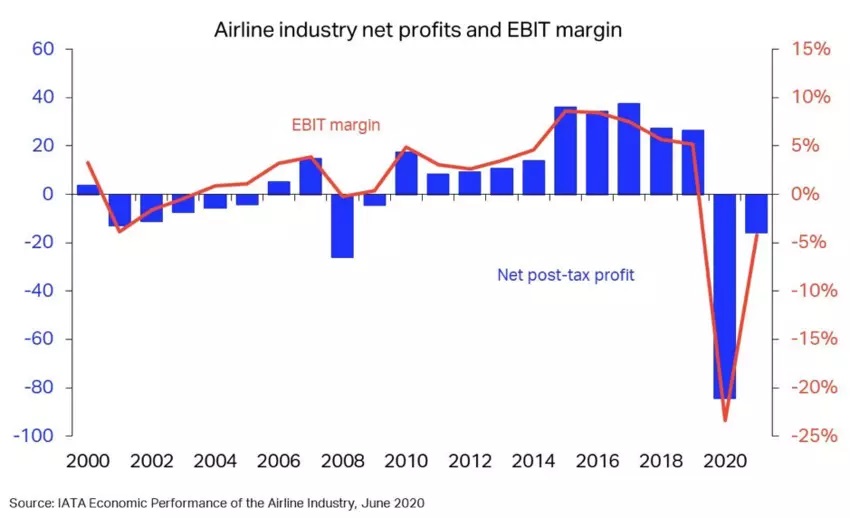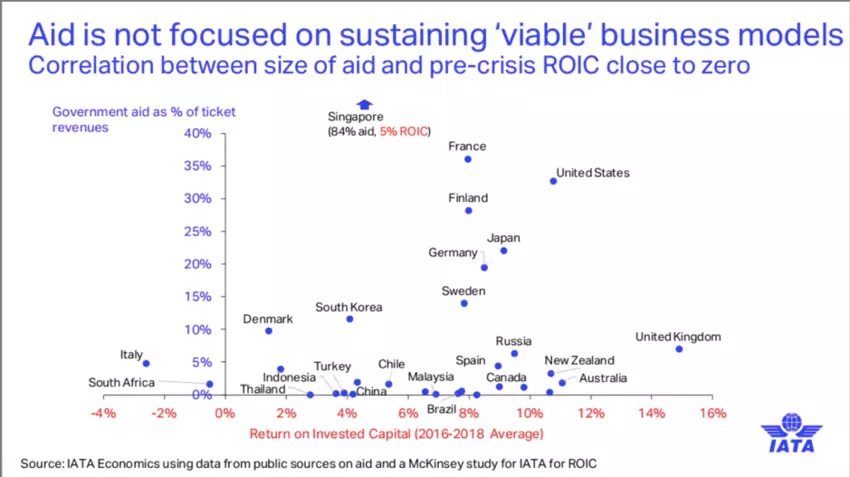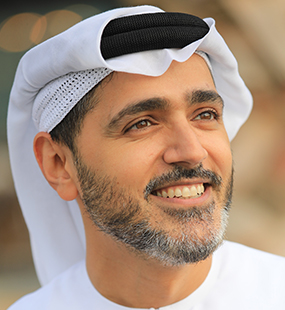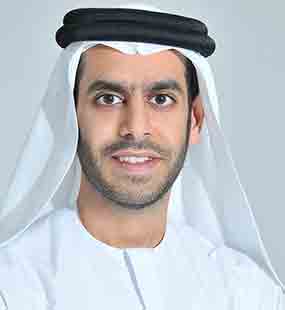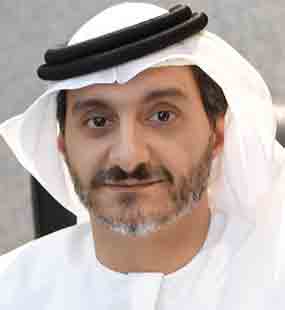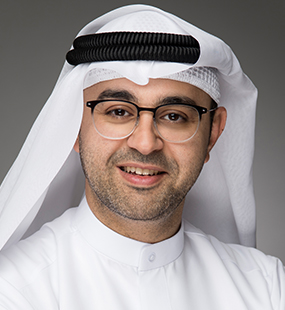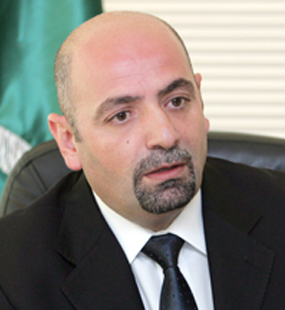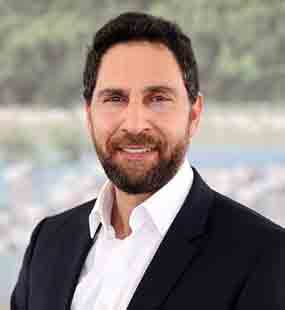Theme: Global Investment Opportunities in Sustainable Tourism focusing on Africa, Island nations and emerging destinations
Day 1 – 01 November 2019, Friday
08:15 – 08:50: Conference Registration
08:50 – 09:00: ITIC Conference Introduction
MC – Ms Daniela Wagner, Group Business Development Director, Travel Weekly and Jacobs Media Group
09:00 – 09:10: Welcome Speech
HE Dr. Taleb Rifai Chairman ITIC and former Secretary-General, UNWTO
09:10 – 09:20: The Global Financial Landscape – Investment Opportunities and Challenges
Prof. Dimitrios Buhalis, Director, eTourism Research Lab and Management and Marketing Expert, Bournemouth University
09:20 – 09:40: Tourism a Key Economic Driver – Investing in the future – lessons from the past
Mr. Christopher Rodrigues, CBE, Chairman Port of London Authority
09:40 – 09:50: Global Tourism Trends and Africa – Island Nations Positioning
How Africa and Island Nations can position themselves to surf on global tourism trends?
Ms. Tiffany Misrahi, Vice-President of Policy, World Travel & Tourism Council
09:50 – 10:30: Investors’ Expectations for an Attractive Return on investment in the Travel and Tourism Sector
A conversation with Rajan Datar, Presenter and Broadcaster, BBC
Panellists:
Hon. Najib Balala EGH – Cabinet Secretary of Tourism and Wildlife, Kenya
Hon. Edmund Bartlett, Minister of Tourism, Jamaica
Mr. James Knoll, Managing Director TowerBrook
Ms. Angela Chen, Vice-President, Dossen Group
Mr. Lachezar Todorov, CEO Terra Tour Service
Mr. Marcus Lee, Chairman of China SME Business Owners Association
Investment highlights by Zoobox
10:30 – 10:45: Morning Refreshment and Networking Break
10:45 – 11:15: Panel Discussion Empowering Women through opportunities in the Travel and Tourism Industry
Moderator: Dr. Catheryn Khoo-Lattimore – Senior Researcher & Lecturer Griffith Institute for Tourism, Brisbane, Australia
Video Presentations
Hon. Nikolina Angelkova, Minister of Tourism, Bulgaria
Panellists:
Hon. Mrs. Memunatu Pratt Minister of Tourism and Culture, Sierra Leone
Ms. Lyn Hughes Co-founder and editor-in-chief, Wanderlust magazine
Ms Muna Haddad, CEO, BARAKA
Ms Ufi Ibrahim, Chairman, Hotels Energy & Environment Alliance, Chairman, Tourism International Trade & Development, UK All Party Parliamentary Group Commissioner, Food Farming and Countryside Commission, Royal Society of Arts
11:15 – 11:30: Tourism Investment Opportunities in Kenya – One-to-One Interview with Hon. Najib Balala EGH – Cabinet Secretary of Tourism and Wildlife, Kenya
Interview by Mr. Ian Taylor, Executive-Editor, Travel Weekly, Jacobs Media Group, UK
11:30 – 12:00: Panel Discussion: The impact of Air Connectivity and Transport Infrastructure on Growth in Travel and Tourism
Moderator: Mr. Phillip Cash, Aviation and Tourism Consultant
Participants:
Mr. Christopher Rodrigues CBE, Chairman London Port Authority
Mr. Romesh Bhoyroo, Director Strategy and Business Development, Airport Council International – Africa
Mr. Derek Moore, Chairman AITO UK
Mr. Yared Bizuneh, Founder & Managing Director Six Degrees Representation
12:00 – 12:15: Developing a New Tourism Destination – One-to-One Interview with Sultan Mufti, deputy governor of investment attraction and development at the Saudi Arabian General Investment Authority
Interview by Mr. Rajan Datar, Presenter and Broadcaster, BBC
12:15 – 13:00: Essential Business Case on Tourism Embracing UN Sustainable Development Goals
Moderator: Ms. Susanna Saari, Senior Lecturer, Faculty of Engineering and Business, Turku University of Applied Sciences (TUAS) – Finland
Panellists:
Mr Martin George, Director of Investment, Enterprise St Helena
Mrs Fiona Jeffery OBE, Chairman Africa Travel and Tourism Association
Ms. Manal Kelig, ATTA Executive Director, Middle East and North Africa
Mr. Cuthbert Ncube, Chief Executive Director Kwela Fleet Management and Chairman – Africa Tourism Board
Ms. Daniela Otero, CEO, Skal International
13:00 – 14:00: Lunch and Networking Break
14:00 – 14:45: Ministerial Panel: African and Island Nations – Opportunities for Investment in Travel and Tourism Development Projects, Infrastructure and Services
Moderator: Mr. Rajan Datar, Presenter and Broadcaster, BBC
Participants:
Hon. Najib Balala EGH – Cabinet Secretary of Tourism and Wildlife, Kenya
Hon. Konrad Mizzi, Minister of Tourism, Malta
Hon. Mrs. Memunatu Pratt Minister of Tourism and Culture, Sierra Leone
Hon. Edmund Bartlett, Minister Tourism, Jamaica
Mr. Ellison Tommy Thompson, Deputy-Director General, Ministry of Tourism and Aviation, Bahamas
14:45 – 15:30: Reimagining hotels of the future – exceeding Patrons’ Expectations
A conversation with Mr. Gerald Lawless, WTTC Ambassador, former President & CEO Jumeirah Group Dubai
Participants:
Ms. Angela Chen, Vice-President, Dossen Group
Mr. Guillaume Pellerin CEO, Zoobox, Ireland
Mr. Saleh Said CEO – Blue Amber Ritz Carlton project Zanzibar
Mr. Georg Tsvetanski CEO (Thracian Cliffs – Marriott project), Bulgaria</p
15:30 – 15:45: Afternoon Refreshment and Networking Break
15:45 – 16:00: The Power of Social Media – Tourism Strategy and Creative Services
A presentation by Mr. Jeremy Jauncey – CEO Beautiful Destinations
16:00 – 16:45: Panel Discussion: Climate Change and Tourism Resilience Management
Moderator: Mr. Ian Taylor, Executive-Editor, Travel Weekly, Jacobs Media Group UK
Participants:
Hon Edmund Bartlett, Minister of Tourism of Jamaica
Hon. Elena Kountoura, Member of the European Parliament
Dr. Taleb Rifai, Chairman of ITIC and former Secretary-General, UNWTO
Prof. Lee Miles, Professor of Crisis & Disaster Management, Bournemouth University
Mr. Alain Chagnon, President, Zoobox
16:45 – 17:00: Importance of Effective Branding to add value to the National Tourism Product
Plenary session led by Mr. Ben Lock Senior Director, Edelman
17:00 – 17:30: Panel Discussion: How education and Talent Development are Crucial to the Travel and Tourism Industry?
Moderator: Prof. Dimitrios Buhalis, Director, eTourism Research Lab and Management and Marketing Expert, Bournemouth University
Panellists:
Ms. Susanna Saari, Senior Lecturer, Faculty of Engineering and Business, Turku University of Applied Sciences (TUAS) – Finland
Dr. Catheryn Khoo-Lattimore – University of Griffiths Australia
Mr. Nigel Fell, Consultant and Trusted Advisor in the Tourism Sector
Mr. Andrew Muscat, Secretary-General, Mediterranean Tourism Foundation
17:30 – 17:35: Day One – Closing
Mr. Rajan Datar, Presenter and Broadcaster, BBC
19:30 – 20:00: Cocktail
20:00 – 22:30: Dinner & Cultural Show
Greetings:
Her Royal Highness Princess Dana Firas of Jordan and President of Petra National Trust
Hon. Najib Balala EGH – Cabinet Secretary of Tourism and Wildlife, Kenya
Hon. Edmund Bartlett, Minister of Tourism, Jamaica
Mr. Simon Press, Senior Exhibition Director, World Travel Market, Reed Exhibition
Dr. Taleb Rifai, Chairman ITIC and former Secretary-General UNWTO
Gastronomy: Discover a fusion cuisine with a mix of tradition and modern twist, embellished with the best typical wines and drinks.
Cultural Show: An immersive experience of African songs and dances performed by the world-renowned London Masai Cultural Arts
Day 2 – 02 November 2019, Saturday
09:00 – 10:00: Welcoming – Morning Coffee
(The Rugby World cup final – Kindly note that on Saturday, so as not to deprive rugby fans of the World Cup final between England and South Africa, the match will be broadcasted live during the welcoming coffee in the morning)
10:00 – 17:00: Moderators: Mr. Phillip Cash & Mr. Paul Hoskins (ITIC Team)
10:00 – 10:15: Travel and Tourism Development Projects that will attract Investors and Tourists
Mr. Gerald Lawless – ITIC Advisory Board & Dr. Adam Wu China Overseas Invest
10:15 – 11:15: Financing Tourism and Travel Development Projects –
Panel & Presentation led by Mr. Rajan Datar, Presenter and Broadcaster, BBC
Participants:
1. Presentation of Investment Destinations:
• Saint Helena
• Bahamas
• Jamaica
2. Understanding of the fundamental aspects of doing business in Africa
Dimitri Lesini – Partner, Laytons LLP
3. Investing in Technology and Innovation to stimulate Growth in Travel and Tourism.
Presentation by Mr. Jayanth Kolla, Founder & Partner Convergence Catalyst/Blockchain
11:15 – 11:30: Morning Refreshment and Networking Break
11:30 – 13:15: Tourism Project Owners’ Presentations
Presented by: Mr. Phillip Cash, Aviation and Tourism Consultant
1. The Red Sea Development project
Presentation by Mr. Jay Rosen CFO, Rea Sea Development Company, Kingdom of Saudi Arabia
2. Blue Amber project Zanzibar
Presentation by Mr. Saleh Said, CEO Blue Amber, Zanzibar
3. Thracian Cliffs – Marriott project, Bulgaria
Presentation by Mr. Georg Tsvetanski, Chairman Thracian Cliffs, Bulgaria
4. Zoobox – a new hotel concept
Presentation by Mr. Guillaume Pellerin, CEO – Zoobox, Ireland
5. Voyya – combining business travels and foreign VAT refunds
Presentation by Mr Sean Winter, CEO Voyya
6. Shaping Smart Futures in Responsible Tourism (Africa and Caribbean)
Presentation by Ms. Manal Kelig, ATTA Executive Director, Middle East and North Africa and Ms. Gabriella Stowell. ATTA Regional Director, Latin America and Caribbean
13:15 – 13:30: ITIC Conference Closing
Dr Taleb Rifai, Chairman ITIC Advisory Board and Ibrahim Ayoub – Group CEO and Organiser
13:30 – 17:00: Lunch, Refreshment and Networking Break
Investor and Project Owner Prearranged Meetings




